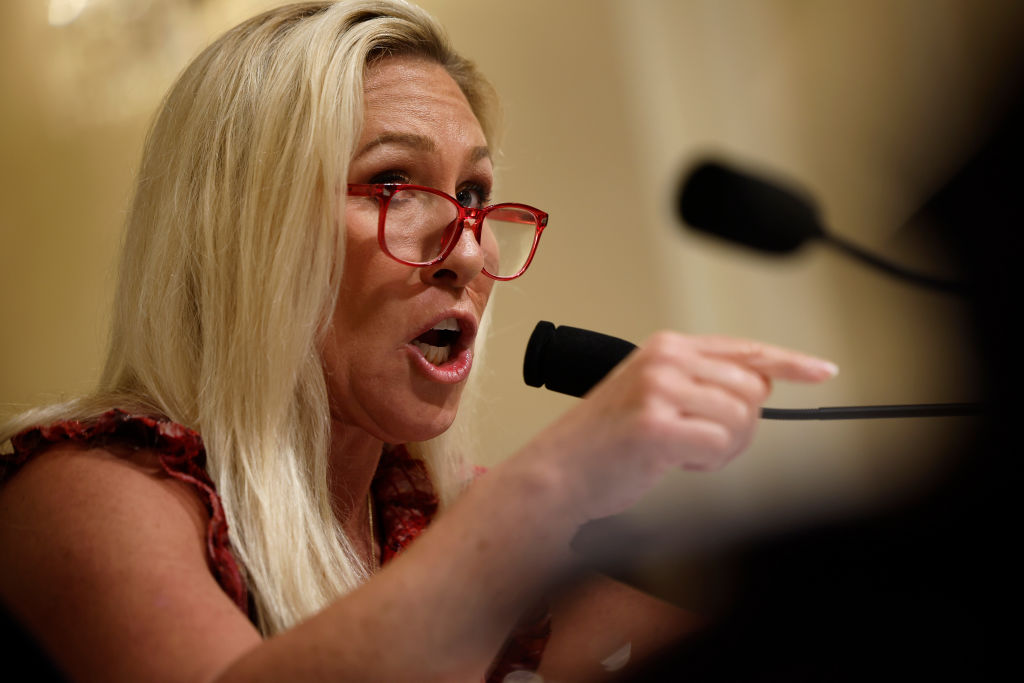Like many major cities across the country, Atlanta has been hit hard with gentrification that has pushed too many longtime Black residents from their homes. And the very neighborhood where civil rights icon Martin Luther King Jr. once called home in Georgia’s capital city was no exception.
The Old Fourth Ward area has been popular with tourists for its location of King’s childhood home on Auburn Avenue. But for those who have lived there for years, it was one of the most historic Black neighborhoods in a city renowned for its Black culture.
READ MORE: Sharing Black Spaces With White Gentrifiers
“It is the cultural and spiritual heart of Atlanta. King was born and preached here,” Atlanta City Councilman Amir Farokhi, who moved to the neighborhood in 2015. “The neighborhood has gotten whiter, younger and arguably more affluent.”
According to the Atlanta Journal-Constitution, as many as 23,000 people — mostly working-class Blacks — lived there in 1960. Though many began to leave the neighborhood in the 1970s because of the increase in crime, by 2000, 76 percent of the more than 12,000 residents in the area were Black. Now the Old Fourth Ward neighborhood is a lot different with an almost 50 percent decrease in the Black population.
The Atlanta BeltLine, a multi-million dollar development project, has been cited as one of the main instigators of the gentrification that has plagued the city. According to the Guardian, the BeltLine aims to repurpose a mostly disused and overgrown 22-mile ring of freight rail tracks into a corridor for transit trains, green space and walking and bike paths.
According to the BeltLine’s website, the city needs these projects because “in this environment with people desperately needing jobs, it seems we can’t afford NOT to keep building the Atlanta BeltLine.” Others, like Elisabeth Omilami, who is the CEO of Hosea Helps, which tackles homelessness and hunger in the city, said she believes the fast-paced developments are doing more harm than good.
“Atlanta is developing so fast that there is nowhere for the poor to go,” Omiami told the Guardian last year. “Soon there will be nowhere for the middle class to go.”
READ MORE: Colonizer Says Howard University Should Move Their Campus
As more white people ride their bikes, walk their dogs and jog through the neighborhood, there has been an increase in luxurious housing and shopping options that come at a price. The average cost of owning a home in the area has risen substantially over the last 15 plus years going from $126,000 to $290,000 between 2000 and 2018. Black residents who paid low-income taxes and mortgages have seen those prices skyrocket over the past few years. One woman who bought her house in the ’90s paid just $240 in property taxes, but her bill is now more than double at $604.
“If things keep going the way they are going, I am going to have to sell and move somewhere else,” 61-year-old Sandra Gordon, who relies on a $870 disability check, told AJC. “I was born here, and I want to stay, but I might not have any other choice.”
On Thursday, the BeltLine announced that it was working with Mayor Keisha Lance Bottoms to undertake its largest affordable housing allocation. It planned to give $11.9 million, which Bottoms said will “protect legacy residents from being priced out of the very communities they built.” By 2030, it aims to produce at least 5,600 affordable units in the Tax Allocation District by 2030.
Only time will tell if their effort helps Black residents like Gordon, but in the meantime, there are too many Black residents in the same situation. Washington, D.C. has made national headlines for clashes with gentrifiers that have been trying to police their culture.
SEE ALSO:
Woman Shoots And Kills 62-Year-Old Man In An Apparent Vigilante Road Rage
Fired BBC Radio Host Who Called The Royal Baby A Chimp Whitesplains His Racism

















